News
+ more news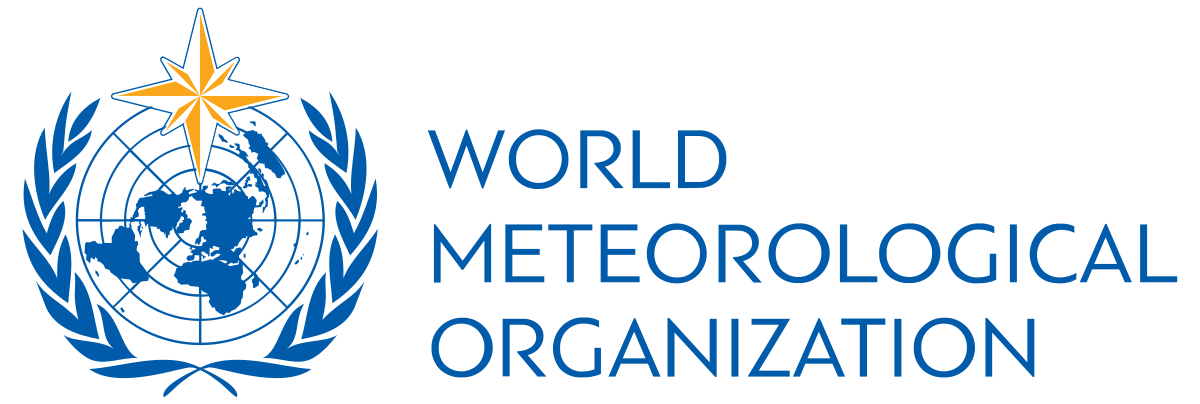
First DBCP Mediterranean Training Workshop on Ocean Observations and Data Applications-Part 2
Friday, 07 April 2023
We would like to let you know about the First Data Buoy Coordination Panel (DBCP) Mediterranean Training Workshop on Ocean Observations and Data Applications-Part 2 that will take place on 2-4 May 2023 in Tunis, Tunisia, and online. Guided by Sana Ben Ismail, IOCCP SSG member responsible for strengthening regional implementation, IOCCP has put together a session dedicated to Carbon & Biogeochemistry Observations as part of this hybrid-workshop.
Our session features presentations from and discussions with Maciej Telszewski (IOCCP Director), Marta Álvarez (CSIC, Spain), Sana Ben Ismail (INSTM, Tunisia), Abed El Rahman Hassoun (GEOMAR, Germany) and Houssine Nibani (AGIR, Morocco), covering a broad range of topics related to global and regional observing capacity, best practices, availability and use of data products, as well as data synthesis and coordination activities. We encourage any interested members of the community, especially from around the Mediterranean region, to join the workshop online through this MS Teams link. More information below and on the event page here.
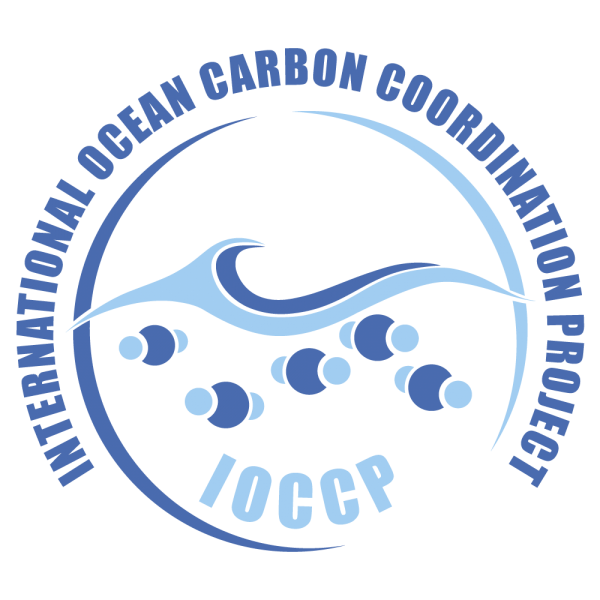
Call for a new member to IOCCP SSG responsible for Synthesis Activities
Thursday, 16 March 2023
We are excited to let you know that IOCCP is looking for a new member to join its Scientific Steering Group (SSG) for terms beginning on 1 July 2023, to act as a leader responsible for maintaining and expanding IOCCP coordination activities within the theme of IOCCP: “Synthesis Activities.”
To make inquiries and/or to submit your applications, please contact the IOCCP Project Office (This email address is being protected from spambots. You need JavaScript enabled to view it.). The deadline has been extended until 1 May 2023. Click below or download the attached full announcement.
.

Statement from the WMO International Greenhouse Gas Monitoring Symposium
Thursday, 09 March 2023
We would like to update you on the outcomes from the World Meteorological Organization (WMO) International Greenhouse Gas Monitoring Symposium that took place at WMO Headquarters in Geneva on 30 January-1 February 2023.
The Symposium was targeted primarily at entities involved in greenhouse gas observations, modelling, data assimilation and related research in all domains of the Earth System. Symposium was held as one of the milestones in a wider attempt to build an internationally coordinated, operational global greenhouse gas monitoring system across all domains. This activity presents an opportunity for our community to further our own efforts towards a sustained, internationally coordinated routine greenhouse gas monitoring infrastructure with a broad group of stakeholders from scientific, operational, and policy-setting entities. 170 participants discussed current status and ways forward across a wide range of topics related to building such a monitoring system. The full Symposium agenda with most interventions available for viewing and download can be accessed from the Symposium website: https://community.wmo.int/en/meetings/wmo-international-greenhouse-gas-monitoring-symposium.
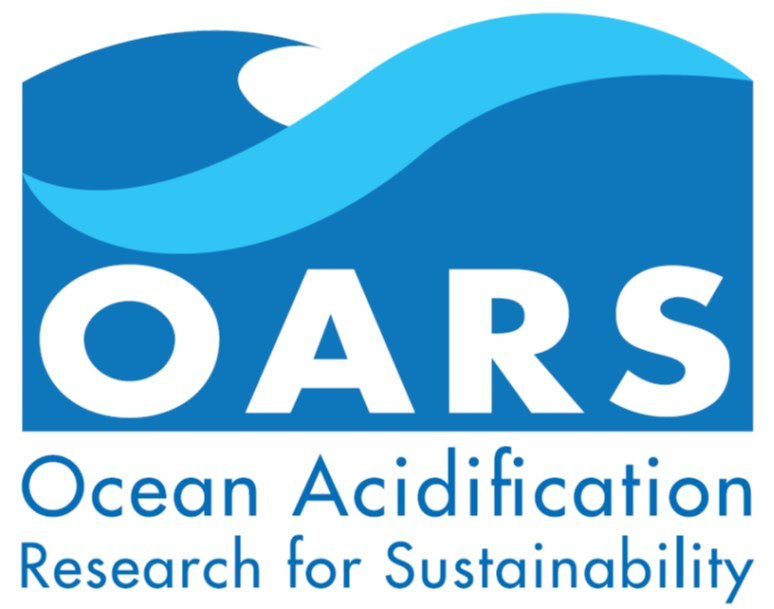
Call for Community Review on "Ocean Acidification Research for Sustainability (OARS)" White Papers
Saturday, 25 February 2023
We would like to let you know that the UN Decade of Ocean Science for Sustainable Development programme "Ocean Acidification Research for Sustainability (OARS)", spearheaded by the Global Ocean Acidification Observing Network (GOA-ON), invites you to participate in the community review of its white papers. The OARS programme provides a vision for ocean acidification research for the next decade by setting out a roadmap that, when implemented in collaboration with multiple partners, will deliver against seven outcomes by 2030 (see below for details). With this review, we invite the community to provide their thoughts and input to the OARS programme and the implementation plans.
To participate in the review, please visit the review webpage to download the pdf of the outcome or outcomes you would like to review as well as the review template. Use the template to submit your specific comments, referencing the precise outcome and page your comment; one single template can be used to review more than one white paper. Once you have finished the review, please send your completed template to the GOA-ON Secretariat This email address is being protected from spambots. You need JavaScript enabled to view it. no later than 20 March 2023.
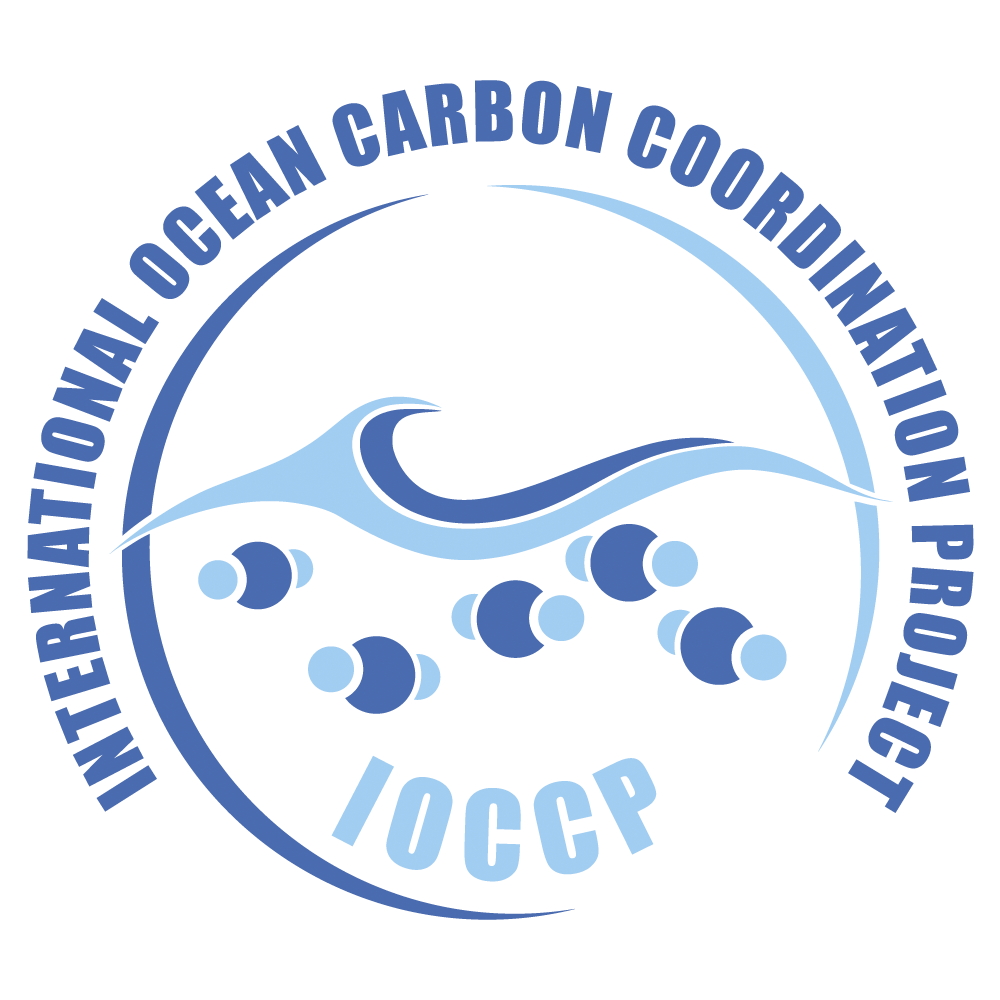
Report of the XVII Session of the IOCCP SSG & GOOS Biogeochemistry Panel
Tuesday, 14 February 2023
We would like to let you know that the report of the XVII Session of the IOCCP Scientific Steering Group & Global Ocean Observing System Biogeochemistry Panel of Experts (IOCCP-SSG-17) has been published. You can access the report from our site HERE.
The report summarizes the current status and future plans related to IOCCP's coordination and communication activities including our contribution to various UN Ocean Decade programmes and projects. We hope that you will find the report informative and many of you will become involved in the activities that the SSG planned for the months to come. Please don't hesitate to contact us with any questions and comments.
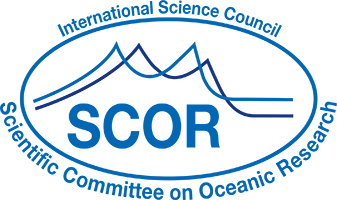
2023 Call for SCOR Working Groups & Applications open for the new SCOR Executive Director
Tuesday, 07 February 2023
We would like to let you know that the SCOR Secretariat now invites proposals for new working groups to commence activities in late 2023. Deadline for submission is 12 May 2023. Click here for instructions, guidelines, and a template to help prepare the proposals. The selection of the new SCOR working groups will take place at the 2023 SCOR Annual Meeting scheduled to take place in Guayaquil, Ecuador, on 17-19 October 2023. For more information, read the full call.
Moreover, SCOR is seeking its next full-time Executive Director to carry on from the current Executive Director, Dr. Patricia Miloslavich. The position, with a starting date of 1 June 2023, will be based in the United States; the SCOR Secretariat is currently located at the University of Delaware. The candidate should be either a U.S. citizen or have permission to work in the United States, having a “green card” or H1B Visa. The position requires international travel. A cover letter of application with a curriculum vitae and the names of three references should be emailed no later than 17 of February 2023 to the SCOR Secretary, Prof. Peter Croot, This email address is being protected from spambots. You need JavaScript enabled to view it.. For more information about the position duties, terms of employment and application procedure please see the full announcement.
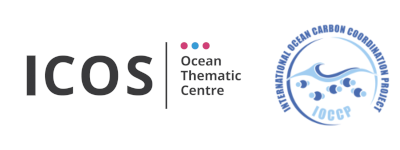
Deadline extended to apply for the IOCCP & ICOS OTC biogeochemical sensors training course, 5-18 June 2023, Kristineberg, Sweden
Tuesday, 31 January 2023
We would like to let you know that we have extended the deadline to apply for the IOCCP and the ICOS OTC training course "Instrumenting our ocean for better observation: a training course on a suite of biogeochemical sensors". New application deadline is 10 February 2023. Please see below for more information about the course.

Fixed-term, full-time Science Communication Officer position open at IOCCP / IO PAN, Sopot, Poland
Thursday, 29 December 2022
We are excited to offer a fixed-term, full-time employment as a Science Communication Officer based at the Institute of Oceanology of the Polish Academy of Sciences (IO PAN) in Sopot, Poland as part of IOCCP and IO PAN's Large-Scale Processes Team of the Department of Marine Chemistry & Biogeochemistry. The position is available initially until May 31, 2024 (15 months), with the possibility of extension depending on the availability of funds and mutually satisfactory employment. The monthly salary will be around PLN 10,000 net, depending on the employee's experience. Other terms of employment (e.g. part-time) can be negotiated on an individual basis. The position is open to EU, EEA and Swiss citizens.
The candidate will support the team of scientists in a wide range of duties related to international communication and coordination of elements of the global ocean observation system. The tasks will be performed in close collaboration with many foreign institutions as part of several international projects, e.g. IOCCP, H2020 EuroSea, H2020 ECOTIP, Horizon Europe OceanICU. All tasks are performed in English. We offer very interesting and independent work in a small team and a friendly atmosphere that promotes creativity and personal development of colleagues.
Please submit your applications electronically by January 27, 2023. We plan to conduct interviews with selected candidates on February 6-10, 2023. Employment is scheduled to start on March 1, 2023 or earlier. For details on the position and the application process see below or in the attached full announcement.

Applications OPEN for biogeochemical sensors training course, 5-18 June 2023, Kristineberg, Sweden
Wednesday, 21 December 2022
IOCCP and the Integrated Carbon Observation System Ocean Thematic Centre (ICOS OTC) are thrilled to open online applications (http://www.ioccp.org/2023-training-course) for an international training course "Instrumenting our ocean for better observation: a training course on a suite of biogeochemical sensors". The course will be held at the Kristineberg Center for Marine Research and Innovation in Kristineberg, Sweden, on June 5-18, 2023. The goal of the course is to further develop proficiency in the use of a suite of biogeochemical sensors and to improve the quality of the data currently generated by autonomous biogeochemical sensors. This intensive, 14-day training course will provide trainees with lectures, hands-on in-situ and laboratory experiences, and informal interactions to improve in-depth knowledge on instrument know-how, troubleshooting, data management, data reduction and quality control.
The course is open to 28 participants, PhD students and early-career researchers with large prospects for utilising the course experience to advance their ongoing or planned research projects and their scientific career in general. Detailed application instructions are available from the course page on the IOCCP website.
Application deadline: 1 February 2023. Please help us spread the news about the course by circulating this flyer.

Call for cruise data submissions for GLODAPv2.2023
Tuesday, 20 December 2022
After the successful release of GLODAPv2.2022, the GLODAP Reference Group is looking ahead and preparing the upcoming update GLODAPv2.2023. We encourage the community to respond to the official call for new cruise submissions. The team is looking for cruises which have “carbon-relevant” data, i.e. have a finalized cruise bottle file with at least one of the Essential Ocean Variable sub-variables listed below:
- Inorganic Carbon EOV (sub-variables: TA, DIC, pH, fCO2), and/or
- Transient Tracers EOV (sub-variables: CFC-11, CFC-12, CFC-113, SF6, CCl4), and/or
- Stable Carbon Isotopes EOV (C-13) and/or C-14
The submission deadline for the next update is the 17 February 2023. For submissions or questions, principle investigators are encouraged to check the attached submission requirements document and contact Nico Lange (This email address is being protected from spambots. You need JavaScript enabled to view it.).
Please share the announcement broadly among your peers.
The IOCCP promotes the development of a global network of ocean carbon observations for research through technical coordination and communication services, international agreements on standards and methods, and advocacy and links to the global observing systems. The IOCCP is co-sponsored by the Scientific Committee on Oceanic Research and the Intergovernmental Oceanographic Commission of UNESCO. Read more…
Calendar
|
|
IOCCP meetings, IOCCP-related meetings as well as events related to a wider scope in marine biogeochemistry. |





 Please wait...
Please wait...